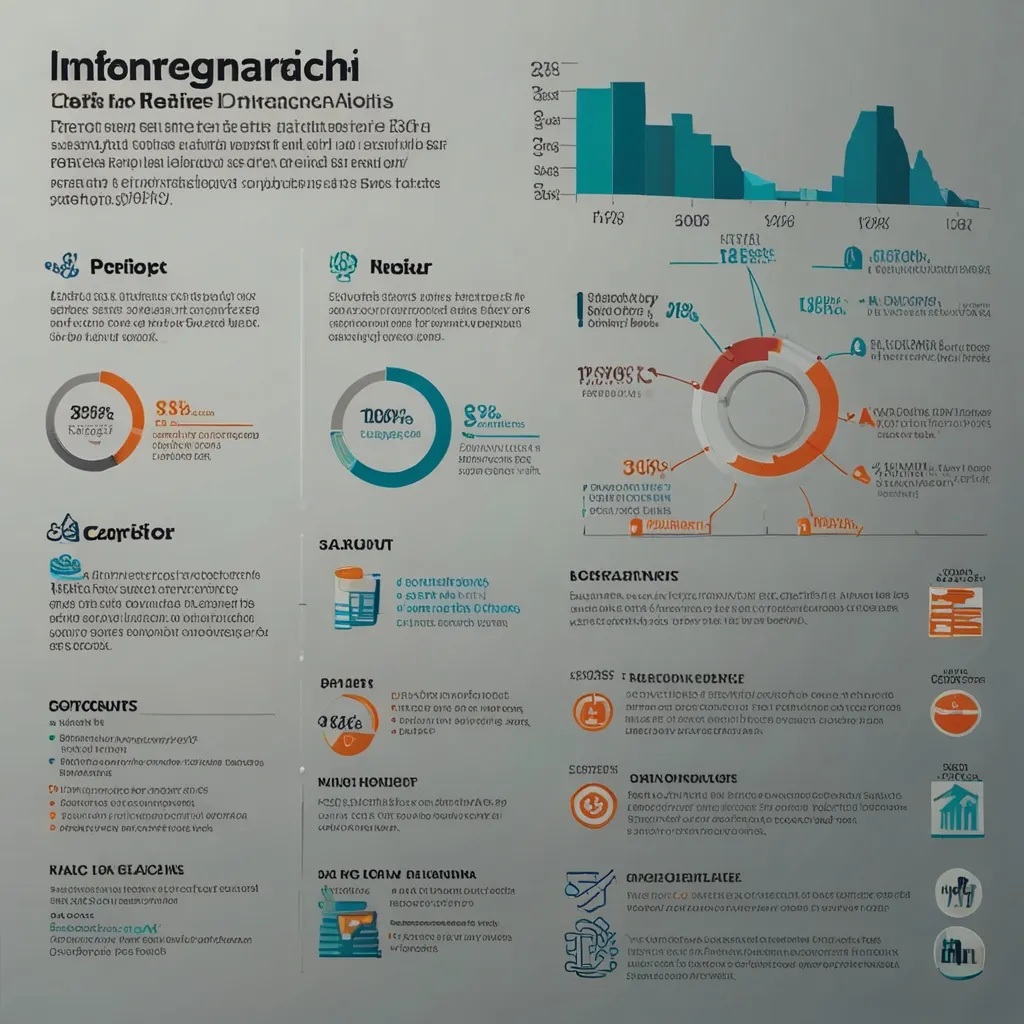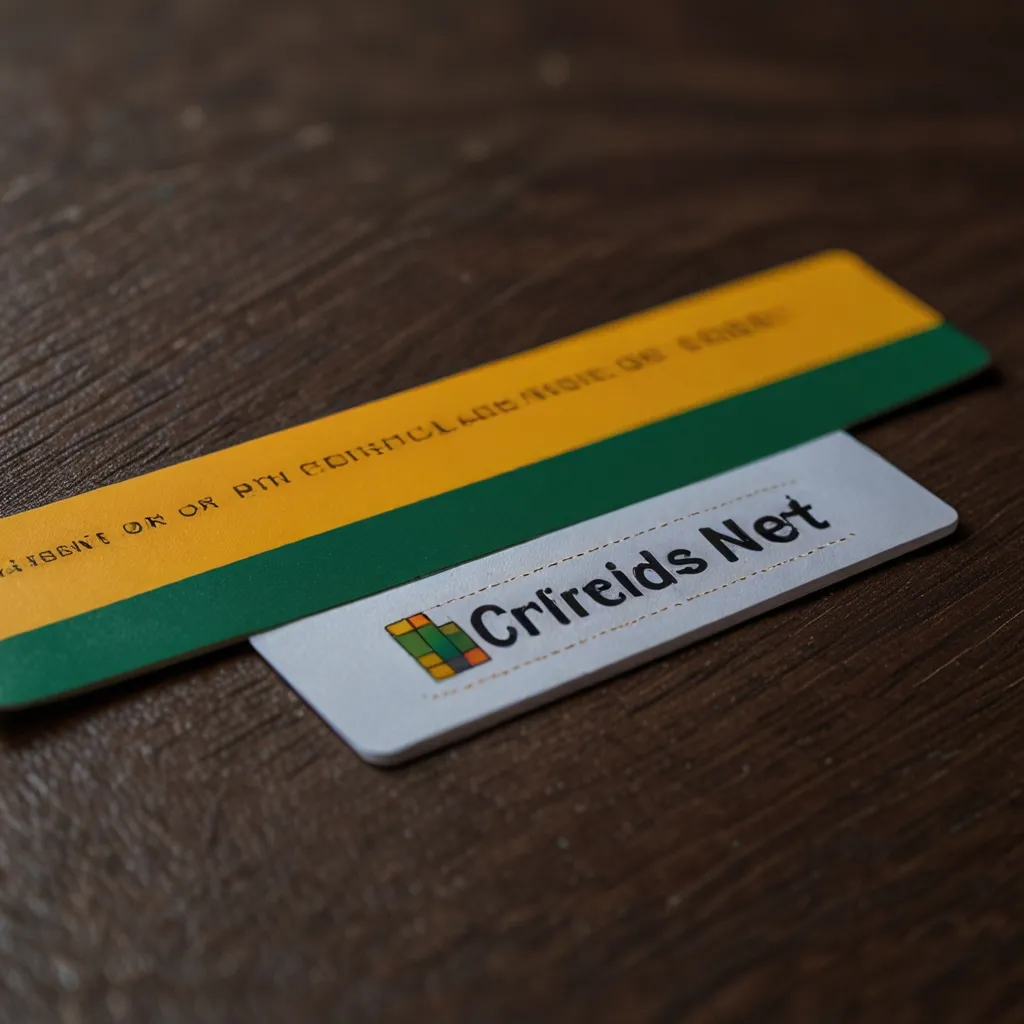Investing is an awesome way to grow your money, but taxes can mess with your returns if you don’t know what’s up. Let’s break this down in simple terms.
Traditional IRAs and 401(k)s let you put money in without paying taxes upfront. Instead, you pay taxes when you withdraw the money during retirement. It’s like postponing the inevitable tax bill. But if you take the money out before you’re 59 and a half years old, you get hit with a 10% penalty. That’s a big ouch.
Roth IRAs are the flip side. You put in money you’ve already paid taxes on. The real win here is that your money grows tax-free, and you don’t pay taxes when you withdraw in retirement. There’s a rule, though: your earnings need to be in the account for at least five years to enjoy this tax-free growth. Your principal amount? Always tax-free for withdrawal.
Got a regular brokerage account? Things get tricky here. If you make gains, like buying stock for $100,000 and selling it for $110,000, you’ll owe taxes on that $10,000. Less than a year of holding and it’s taxed as regular income. More than a year and you get a break—0%, 15%, or 20% tax rate, depending on your income.
Dividends and interest are also on the tax radar. Dividends come from companies to shareholders—think of it as a thank-you for holding onto their shares. Held onto the stock for at least 61 days? You get a lower tax rate on those dividends. Interest from bonds or savings accounts? Regular income tax rate applies.
Capital gains and losses are all about timing. Sell an investment for more than you paid and you’ve got a capital gain—taxed based on how long you held it. Long-term (over a year) gains get a lower tax rate. Short-term (less than a year) gains are taxed like regular income. Got a loss from selling an investment for less than you paid? You can use that to offset other gains. Less tax, more happy.
Knowing how these tax rules work can help you plan smarter. Investments not doing well? Sell them to offset gains from other investments, a strategy known as tax-loss harvesting. And for investments that generate a lot of taxes, like bonds, keep them in tax-deferred accounts like IRAs or 401(k)s.
Ever heard of passive income? It’s money you make without actively working for it. This could come from index funds, real estate, or starting a small business. Index funds are a favorite because they offer broad market exposure and have low fees, bringing returns through dividends and capital gains, both taxed accordingly.
Investing in a business might be risky, but it can pay off big. Investing in small businesses or startups means your success hinges on the business thriving. It’s a gamble, but it can diversify your income. Always do your research and chat with financial advisors before diving in.
Investing is a top-notch way to build wealth, but taxes can take a big bite out of your returns. Understanding these tax implications will let you make smarter choices. Always consult with a financial advisor to tailor a strategy that’s perfect for you.






